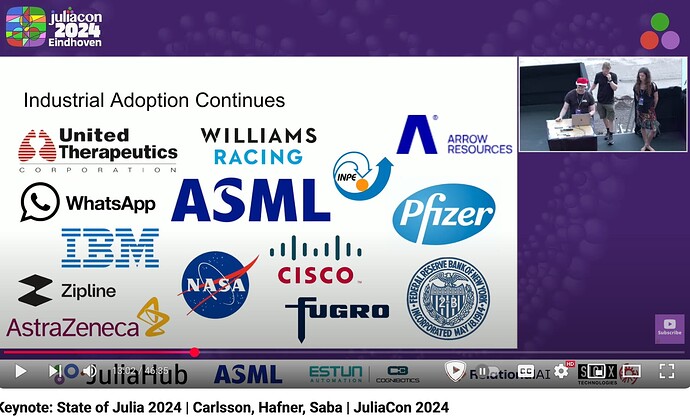A discussion needs a basis. I think basis is that there is room for improvement. There are examples where things can be made better. And I started the discussion on how to do this.
I like discussions like this: after experiences and opinions are exchanged, the status quo is clear, people make proposals, the different proposals are evaluated, people think about them, refine the proposals (no matter if own or others), come up with new ones or retract their proposals later on. Every proposal is treated as something to consider, even when one might roll his eyes because others should not fear to make own proposals.
It is OK, and also normal to refuse a proposal as long as there is another or better one. It is however, not good to state a proposal is not necessary because nothing needs to be changed basically. This would imply there is nothing to improve.
Focusing on the status quo is understandable but it can end in blamings. In a company, a typical argument would be “There was an issue. Why do we have it at all and who can be blamed for it? - The person who implemented the status quo and those who did not change it already”. I had such discussions too often and they only lead to frustrations. Therefore the status quo is as it is, nobody is accused. The focus should be how to improve things, have a better QA AND also fun and a good feeling.
I think the basis of an OpenSource project is to appreciate every volunteer work that is done. Therefore nobody should feel attacked by discussions to change things. It is not about the current or past work, but the future.
Also, to encourage people to make proposals, the point who will do what work should be decided late in the proposal evaluation otherwise one can block himself. For example, for some it seems clear that the release is done by coders and coders are usually busy and fear to get more work. But a release manager can also really just be a manager, meaning no coder. Many companies work this way on purpose. The person or team to launch e.g. a medical engineering product is usually no engineer, no scientist, no doctor but e.g. a sales manager because his job is to connect the scientist with the marketing, the security paper work guys with the state officials, he has to organize a press conference, write or review the release announcement, use his contacts to the press to get the product mentioned there, organize that the social media and video channels will have content at the release date.
And software is not so different. From my experience doing a release was:
- checking the list of new features on different computers (organizing others to do tests as well) the collecting bugs and open issues
- labeling issues for importance and communicate important ones to the forum to get more persons working on them
- contacting IT journalists, speak in advance with YouTubers
- a lot of calls/meetings to teamup different people, translators, developers
- writing and fine-tuning the announcement texts
- encouraging in the forum people to test the new features and also the installation process
- preparing graphics and animations to give YouTubers and bloggers something
- updating the docs and assuring that the new features are well documented and, if possible, also already translated
- …
Maybe there are persons around that are good at this and have fun to do such work.
For example my proposal include a teamup between the release team and the developers of Tier 1 packages - that is a task perfect for a manager.
Maybe I think out of the box. But why not  . And in the end there is no hurry. I hope that other proposals are made and maybe there is also a discussion at the JuliaCon.
. And in the end there is no hurry. I hope that other proposals are made and maybe there is also a discussion at the JuliaCon.

